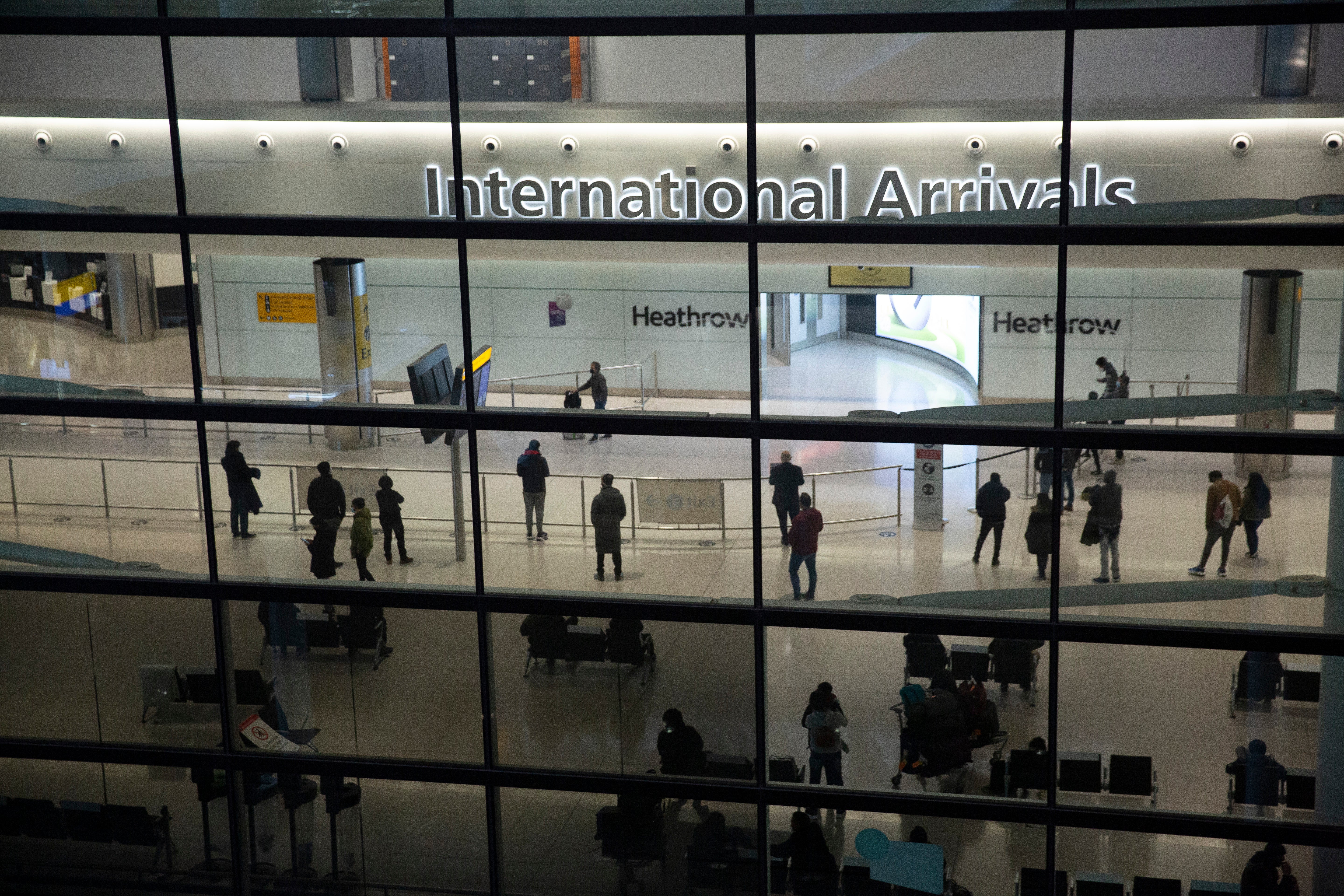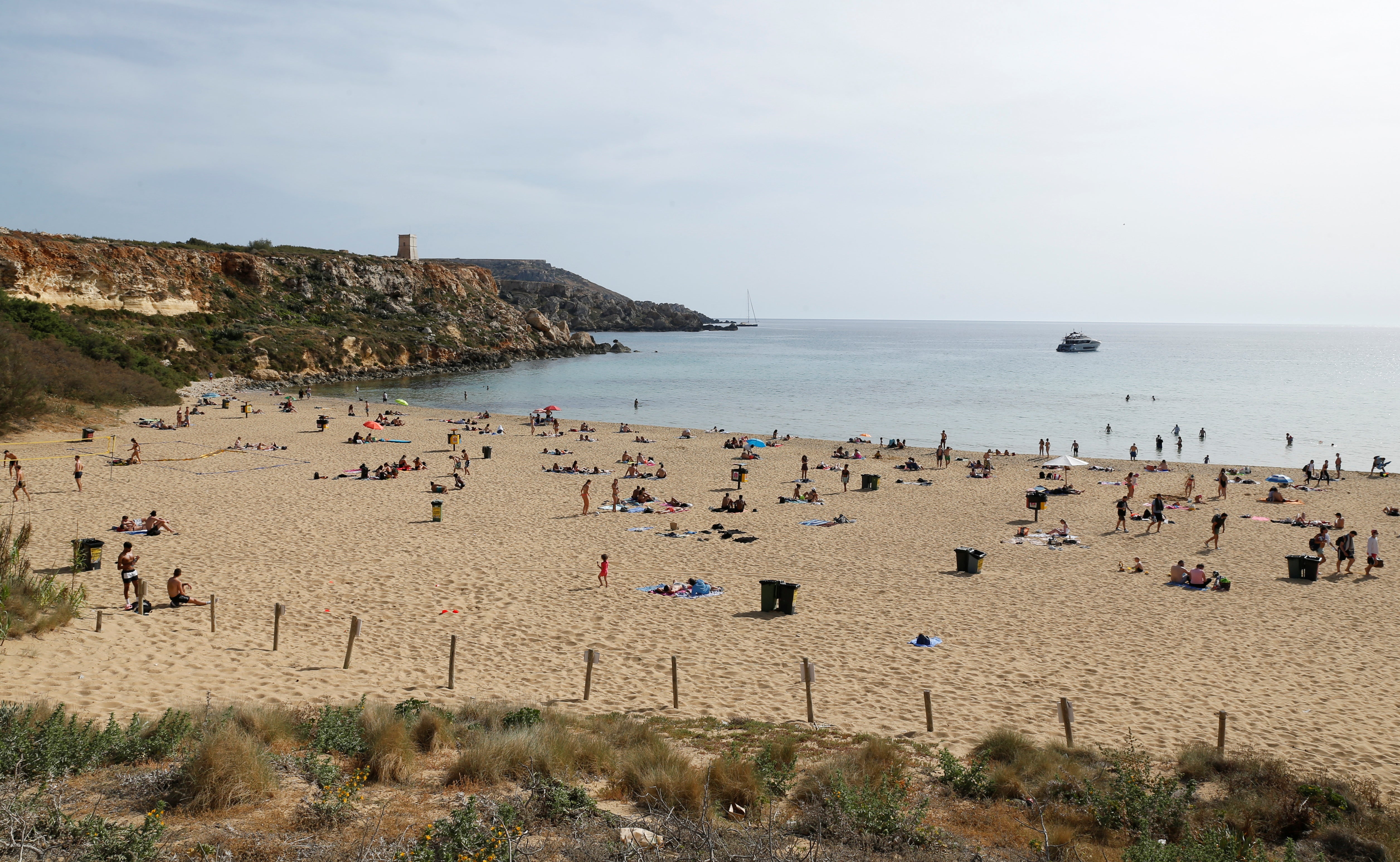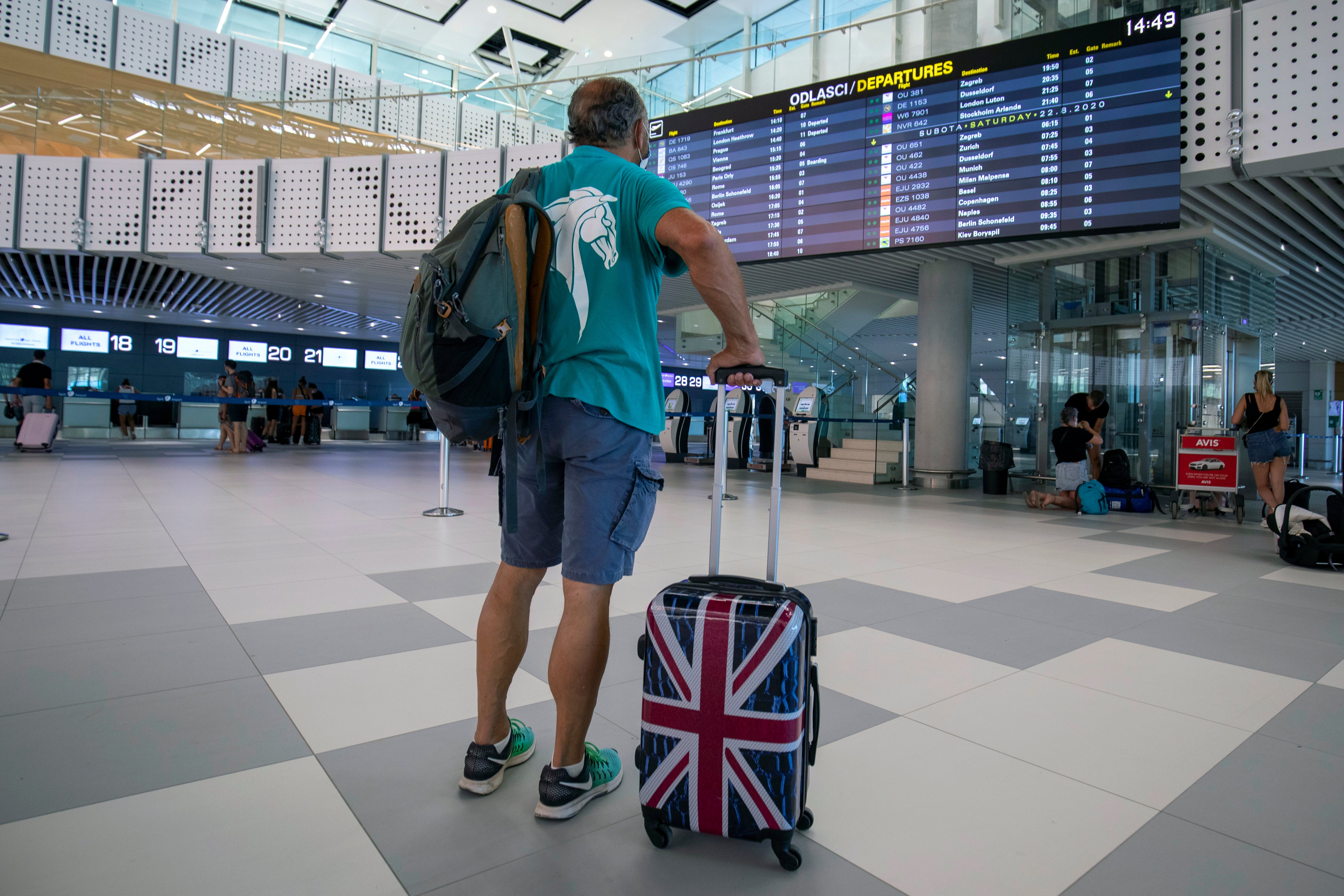Can I travel to the UK from one country if I’ve taken a test in another?
Simon Calder answers your questions on the 72-hour rule, Malta turning green mid-holiday, and what happens if you test positive abroad


Q I understand that arrivals into the UK must take a Covid test in the previous 72 hours. But does it need to be from the country you have just arrived from? For example, if you have a test in Denmark, fly to Switzerland and then to the UK within 72 hours, does that count? I have sought clarification online about this, and failed.
Name supplied
A Fortunately, the rule for your “pre-departure to the UK” test is as relaxed as you could imagine. Just to explain the background: regardless of the quarantine status of the departure point (red, amber or green), everyone coming to the United Kingdom must take a test. Assuming it is negative, you will need to present it in order to board a mode of transport – train, boat or plane – to the UK. (If it is positive, it goes without saying that you should immediately self-isolate and travel nowhere.)
The test can be the cheap and quick antigen variety, eg using a lateral flow device (though NHS test kits must not be used), and the resulting certificate must be written in English, French or Spanish.
The timescale is looser than the 72 hours you suggest. The UK government says: “You must take the test in the three days before the service on which you will arrive in England departs.” That wording is a bit weird because it suggests that a test on the day of departure may not be acceptable; I can confirm that it will.
Furthermore, there is no stipulation about where you must take the test. I have, perfectly legally, flown back from Portugal to the UK on a Tuesday using a test I underwent at Heathrow airport on the Saturday morning.
So I had a test in one country, flew to a second, and flew back 80 hours later on the basis of a test I had taken before my original departure. I am not entirely sure how effective the test is proving, but those are the rules.
Just a reminder that you will also need two pre-booked post-arrival PCR tests for when you are back in the UK, since both Denmark and Switzerland are “amber list” locations.

Q We are due to fly out to Malta tomorrow but are really unsure whether we would need to isolate when we get back – as the country will have turned green by the time we are back. Please help!
Jess R
A Your timing could not be better. The excellent news for all of us who love the Mediterranean nation is that Malta is the latest addition to the green list: six weeks later than it should have been granted quarantine-free status, the country finally goes green on Wednesday 30 June.
That is a critical date. Until then, arrivals from the UK to Malta are admitted with a negative PCR test taken within 72 hours before arrival (under-fives are exempt). The exact stipulation from the Foreign Office is thus: “You must also show a physical copy of a negative Covid-19 PCR test at check-in to fly to Malta, and after you land.”
Agreed, getting a PCR test is an expensive faff. But for anyone who is not fortunate enough to have completed a course of vaccination, it is far preferable to the new rules that come into play on 30 June. From that day, no jab – no entry is the rule. So please don’t miss your flight tomorrow.
On Wednesday itself, when the “vaccinated travellers only” requirement takes effect, there is no certainty that even immunised Brits will be admitted: acceptance of UK certification starts only on Thursday (I have been trying to find out from the Maltese authorities what happens on the day, to no avail).
After that, UK certificates will be accepted as proof of vaccination. But everyone aged 12 or over must have one. Which effectively excludes most teenagers.
You, meanwhile, can bask in the Mediterranean sun knowing that when you return to the UK, you will not need to self-isolate. Bear in mind, though, that you must test before your departure back to Britain, and pre-book a post-arrival PCR test to be taken on the day you touch down or on one of the following two days.

Q I am trying to work out whether I can afford the time and cost of a foreign holiday. I know that the government requires a negative test in the three days before going abroad and within two days of landing back in the UK – but also in the three days prior to flying back to the UK. The last could potentially be a major problem if I were to test positive. This would mean having to self-isolate for seven to 10 days abroad, cancelling the flight and rebooking, at great additional cost and inconvenience, which for many people could make such a holiday, in effect, totally unaffordable. Can you see this situation changing?
Hugh J
A As I have said in the past, international travel is for the bold and the desperate right now. In addition, the rules are extremely confusing. If I may, I will correct a frequent misapprehension: the government does not make any stipulation about testing to leave the UK. The only requirement is whatever your destination country asks for (and, in addition, the rules for transiting a third nation if you are going via somewhere else).
Coming back from a “green list” country, you must take a PCR test on the day you return or one of the following two days. If it’s on the amber list, then you must also book a PCR test for day eight or later.
Your concern, understandably, is the “pre-departure for the UK” test. As part of your due diligence you should find out what the country’s policy is. In some, you will be provided with accommodation and meals at the taxpayer’s expense; in others, you will need to pay for the cost of self-isolation, sometimes at a fixed fee. If you are on a package holiday, the operator may take responsibility for you. All this has to be factored into your risk appetite (and may of course depend on whether or not you have been jabbed twice).
In terms of travel, though, airlines and holiday companies will normally be flexible when customers are stuck, and will allow date moves on production of evidence that you could not travel due to Covid.
Email your questions to s@hols.tv or tweet @simoncalder


Join our commenting forum
Join thought-provoking conversations, follow other Independent readers and see their replies
Comments